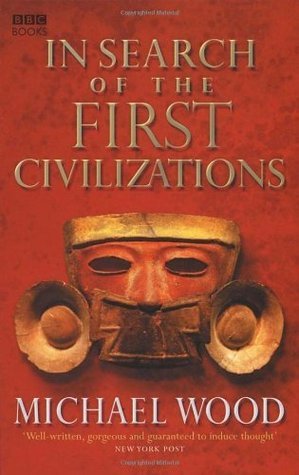What do you think?
Rate this book


208 pages, Paperback
First published November 5, 1992
❝Iraq: The Cradle of Civilization
India: The Empire of Spirit
China: The Mandate of Heaven
Egypt: The Habit of Civilization
Central America: The Burden of Time
& The Barbarian West❞